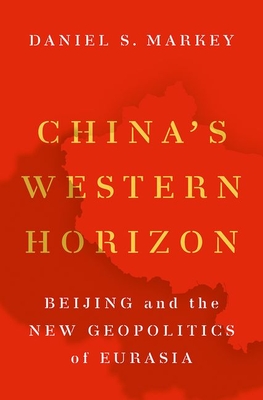Expedite your nonfiction book discovery process with Readara interviews, summaries and recommendations, Broaden your knowledge and gain insights from leading experts and scholars
In-depth, hour-long interviews with notable nonfiction authors, Gain new perspectives and ideas from the writer’s expertise and research, Valuable resource for readers and researchers
Optimize your book discovery process, Four-to eight-page summaries prepared by subject matter experts, Quickly review the book’s central messages and range of content
Books are handpicked covering a wide range of important categories and topics, Selected authors are subject experts, field professionals, or distinguished academics
Our editorial team includes books offering insights, unique views and researched-narratives in categories, Trade shows and book fairs, Book signings and in person author talks,Webinars and online events
Connect with editors and designers,Discover PR & marketing services providers, Source printers and related service providers

China's Western Horizon: Beijing and the New Geopolitics of Eurasia
Political Science > International Relations - General
- Oxford University Press, USA
- Hardcover
- 9780190680190
- 9.3 X 6.2 X 1.3 inches
- 1.25 pounds
- Political Science > International Relations - General
- (Single Author) Asian American
- English
Readara.com
Book Description
Drawing from extensive interviews, travels, and historical research, Markey describes how perceptions of China vary widely within states such as Pakistan, Kazakhstan, and Iran. Powerful and privileged groups across the region often expect to profit from their connections to China, while others fear commercial and political losses. Similarly, Eurasian statesmen are scrambling to harness China's energy purchases, arms sales, and infrastructure investment. These leaders are working with China in order to outdo their strategic competitors, including India and Saudi Arabia, and simultaneously negotiating relations with Russia and America. On balance, Markey anticipates that China's deepening involvement will play to the advantage of regional strongmen and exacerbate the political tensions within and among Eurasian states. To make the most of America's limited influence in China's backyard (and elsewhere), he argues that U.S. policymakers should pursue a selective and localized strategy to serve America's specific aims in Eurasia and to better compete with China over the long run.
Author Bio
Daniel Markey is a senior research professor at Johns Hopkins University’s School of Advanced International Studies (SAIS). He also serves as the academic director of the SAIS Global Policy Program and is a senior fellow in the SAIS Foreign Policy Institute. He teaches courses in international politics and policy.
Dr. Markey’s latest book, China’s Western Horizon: Beijing and the New Geopolitics of Eurasia, was published by Oxford University Press in March 2020. It assesses the evolving political, economic, and security links between China and its western neighbors, including Pakistan, India, Kazakhstan, Russia, Saudi Arabia, and Iran. It explains what these changes are likely to mean for the United States and recommends steps that Washington should take in response.
From 2007-2015, Daniel Markey was a senior fellow for India, Pakistan, and South Asia at the Council on Foreign Relations. While there, he wrote a book on the future of the U.S.-Pakistan relationship, No Exit from Pakistan: America’s Tortured Relationship with Islamabad (Cambridge University Press, 2013).
From 2003 to 2007, Dr. Markey held the South Asia portfolio on the Secretary’s Policy Planning Staff at the US Department of State. Prior to government service, he taught in the Department of Politics at Princeton University. At Princeton, he also served as executive director of Princeton’s Research Program in International Security. Earlier, he was a postdoctoral fellow at Harvard’s Olin Institute for Strategic Studies.
Dr. Markey is the author of numerous reports, articles, book chapters, and opinion pieces. His commentary has been featured widely in US and international media.
Source: danielmarkey.org
Videos
No Videos
Community reviews
No Community reviews

